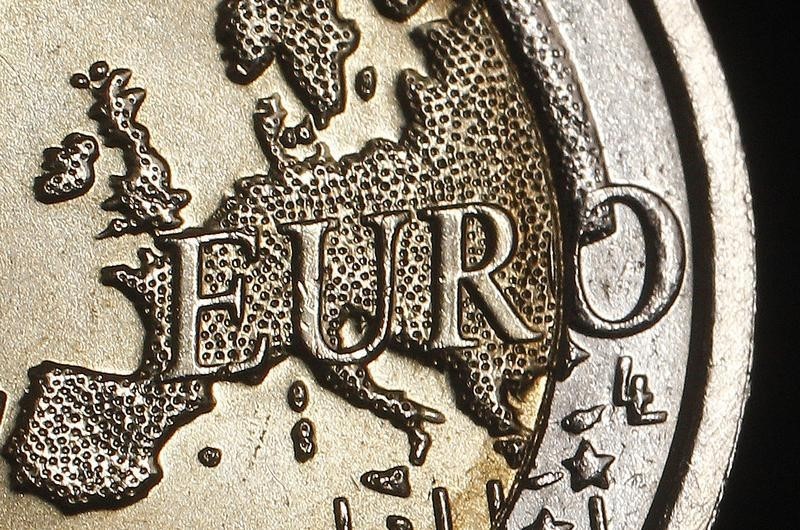Investing.com - The euro remained broadly weaker on Monday, but held above lows hit early in the day despite Greece moving a step closer to default, as intervention by the Swiss National Bank to weaken the franc supported the single currency.
EUR/USD was last at 1.1157 almost unchanged for the day, and up from earlier lows of 1.0955.
The single currency posted steep losses in early trade on Monday after Greece shut down its banking system on Sunday.
The Greek government ordered an emergency bank shutdown and the central bank moved to impose capital controls as the banking system neared insolvency after deposit outflows accelerated over the weekend.
Hours earlier the European Central Bank said it would continue providing emergency liquidity assistance to Greece’s banks, but capped emergency funding at current levels.
The current ceiling for the ECB's emergency loans is €89 billion. It is thought that virtually all that money has been disbursed.
Negotiations between Greece and its creditors broke down on Saturday and in a surprise move Prime Minister Alexis Tsipras called for a snap referendum to be held on July 5 on whether to accept the terms proposed by lenders for extending the country’s bailout.
European finance ministers refused a request from the Greek government to extend the bailout program, set to end on Tuesday, until after the referendum.
Athens is due to repay €1.6 billion to the International Monetary Fund on Tuesday but without a rescue package in place will almost certainly default.
European equities sank on Monday and the yields on Italian, Spanish and Portuguese bonds spiked amid mounting fears that Greece would become the first country to exit the euro zone.
EUR/CHF was last at 1.0353, off 0.73% for the day after falling as low as 1.0314 overnight.
SNB Chairman Thomas Jordan said Monday the bank had intervened to weaken the franc after the Greek debt crisis escalated over the weekend.
The Swiss franc is seen as a safe haven investment because of Switzerland's current account surplus, which means it’s not reliant on foreign investment to fund its budget.
The single currency was lower against the yen, with EUR/JPY down 0.99% to 136.99. The yen was also stronger against the dollar, with USD/JPY last at 122.77, off 0.86% for the day.
The dollar showed little reaction after U.S. data on Monday showed that pending home sales rose to the highest level since 2006 last month, underlining optimism over the health of the housing sector and supporting the case for a U.S. interest rate hike this year.
The National Association of Realtors said its pending home sales index rose 0.9% last month, still slightly below expectations for a gain of 1.2%.
The U.S. dollar index, which measures the greenback’s strength against a trade-weighted basket of six major currencies, was at 95.58, little changed for the day.
